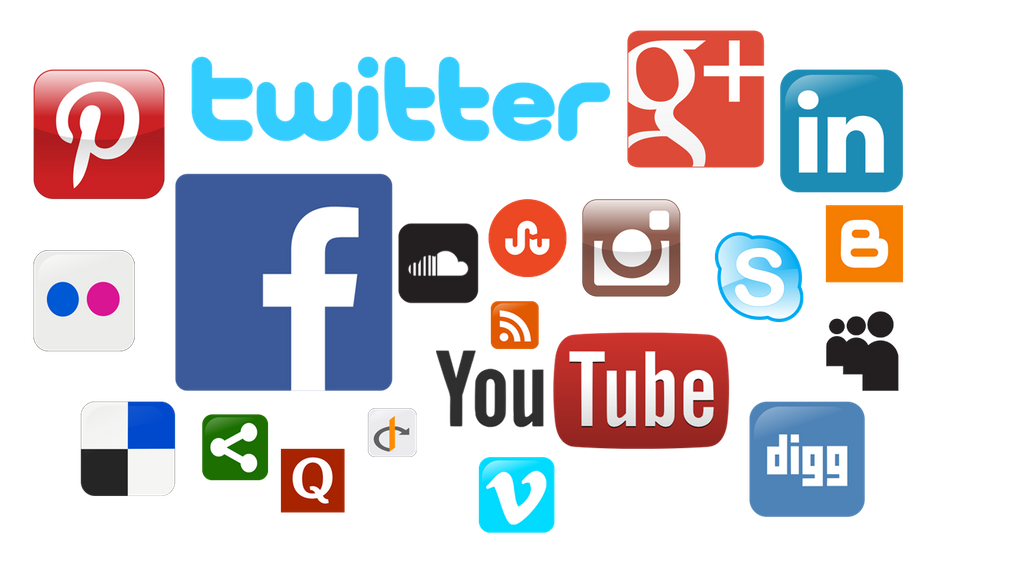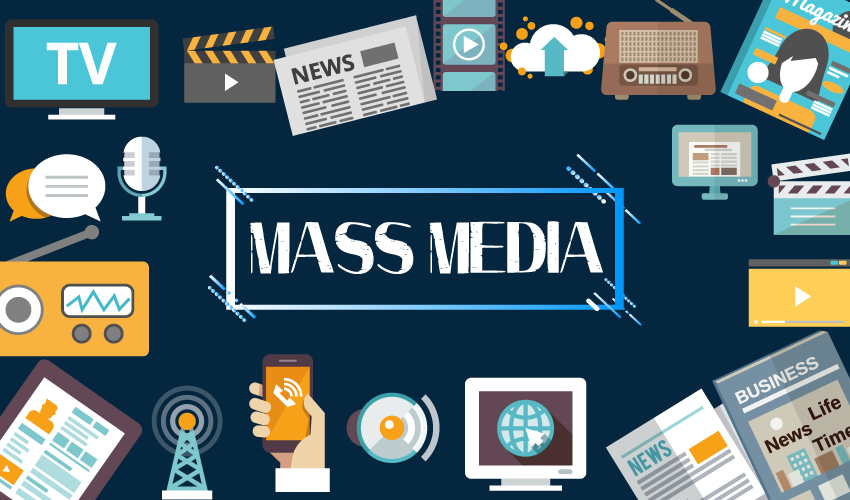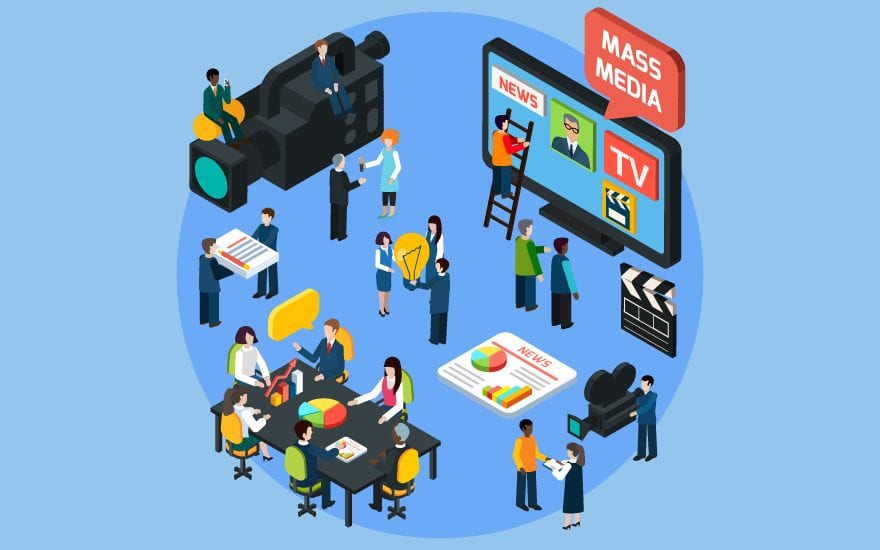Media is an integral part of our daily lives. It refers to the various communication channels that are used to convey information, news, and entertainment to a large audience. In this article, we will provide a detailed understanding of the concept of media and the definition of a media, including its definition, types, and impact on society.
Media can be defined as the various channels through which information, news, and entertainment are conveyed to a large audience. These channels include television, radio, newspapers, magazines, the internet, social media platforms, and more. The term “media” is derived from the Latin word “medius,” which means “middle.” This refers to the role of media as a mediator between the source of information and the audience.
Types of Media
Media can be classified into various types based on their mode of transmission and content. Here are some of the common types of media:
Print Media: Print media includes newspapers, magazines, brochures, and books. These are tangible forms of media that are printed on paper.
Broadcast Media: Broadcast media includes television and radio. These are electronic forms of media that transmit information through signals.

Digital Media: Digital media includes online news outlets, social media platforms, podcasts, and streaming services. These are digital forms of media that are accessed through the internet.
Outdoor Media: Outdoor media includes billboards, posters, and signs. These are physical forms of media that are displayed in public places.
Impact of Media on Society
Media has a significant impact on society, both positive and negative. Here are some of the ways media influences society:
Education: Media is a powerful tool for education. It provides access to information and knowledge that can help people learn and grow.
Entertainment: Media is also a source of entertainment. It provides people with an escape from their daily lives and helps them relax and unwind.
Public Opinion: Media plays a crucial role in shaping public opinion. It can influence people’s beliefs, values, and attitudes toward various issues.
Advertising: Media is often used as a platform for advertising. This can have both positive and negative effects on society, as it can influence people’s buying behavior and create unrealistic expectations.
Socialization: Media also plays a role in socializing people. It provides a common platform for people to interact and connect with each other.
The concept of media and definition of a media has undergone significant changes in recent years due to the rapid advancement of technology. With the rise of the internet and social media platforms, media has become more accessible and pervasive than ever before. People can access news, information, and entertainment from anywhere in the world with just a few clicks.
This has given rise to new challenges and opportunities for media professionals. The digital age has changed the way media is produced, distributed, and consumed. Media professionals must now be proficient in digital technologies and adapt to the changing landscape of the industry.
The impact of media on society has also become more complex in the digital age. Social media platforms have given rise to echo chambers, where people are only exposed to information and viewpoints that confirm their existing beliefs. This has created polarization and has made it more difficult for people to engage in civil discourse.

Moreover, the widespread dissemination of false information, known as “fake news,” has become a significant challenge in the digital age. Fake news can spread rapidly on social media platforms and can have severe consequences for individuals, organizations, and even nations.
Media also plays a significant role in shaping public policy and political discourse. Political candidates and parties use media to communicate their platforms and ideas to voters. Media coverage can also influence public opinion on political issues, and media outlets can have biases that shape the way they cover certain topics.
Moreover, media can have a significant impact on individual behavior, particularly in areas such as health and wellness. For example, media campaigns can promote healthy behaviors such as exercise and healthy eating, or discourage negative behaviors such as smoking or substance abuse.
Finally, media has become a powerful tool for social activism and advocacy. Social media platforms have been used to mobilize grassroots movements and bring attention to social and political issues. For example, the #MeToo movement used social media to draw attention to the prevalence of sexual harassment and assault in society.
In summary, the definition of a media and media is a complex and multifaceted concept that plays a vital role in our daily lives. It can inform, educate, entertain, and shape public opinion. However, it can also have negative effects, such as promoting unrealistic expectations or spreading false information. As media continues to evolve, it is crucial to use it responsibly and with integrity to foster a better-informed and more connected society.
In conclusion, the definition of a media is a powerful tool that can have both positive and negative effects on society. It is essential to understand the various forms of media and their impact on society to make informed decisions and engage in civil discourse. As media continues to evolve, it is crucial to use it responsibly and with integrity to foster a better-informed and more connected society.
















